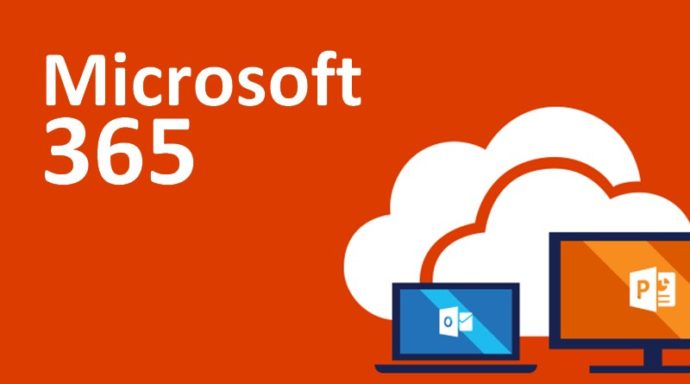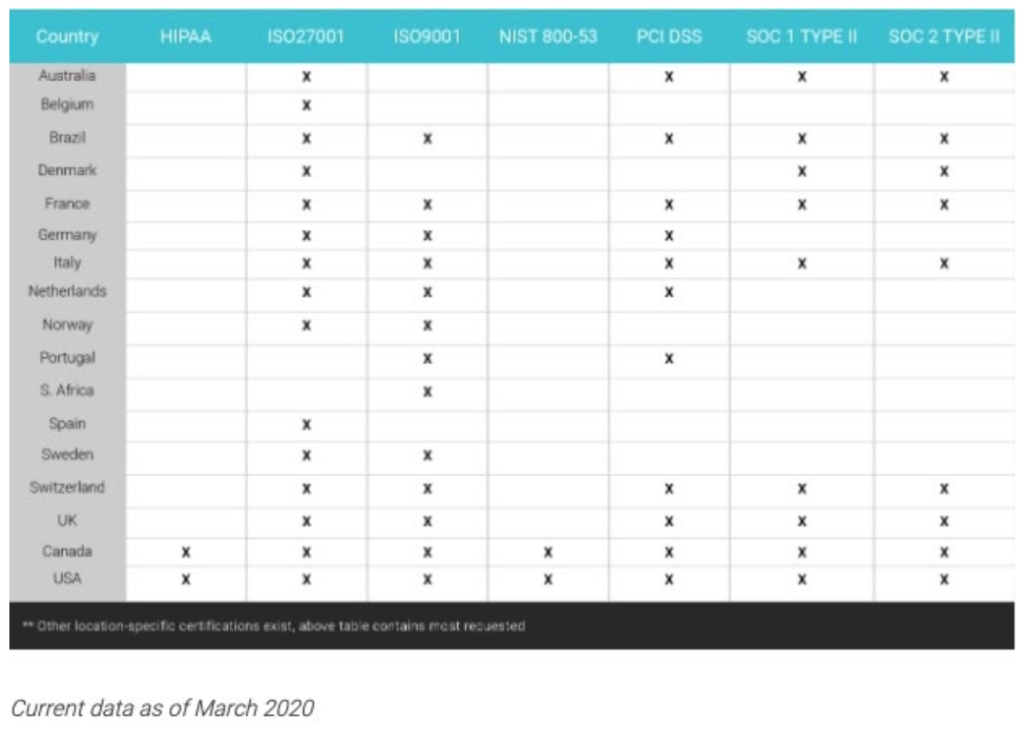
Backing up Microsoft 365 and why you should care
You just switched to Microsoft 365 and are now finally worry-free, right? While there is no denying that Microsoft over the past years has done a great job by expanding what used to be a locally installed office suite to an offering that also adds web-based and mobile applications, there are a few things you need to be aware of. Firstly, it is not a simple product and setting it up and maintaining it continues to require experts. Secondly, you are now tied into Microsoft's cloud service so service level agreements or SLA’s become something you need to look at - boring, I know, but understanding what is included and what is not, is important. See this link for details. And then finally there’s good ol’ backup. Yes, you know, for the case where things have gone wrong and you have deleted or lost something you should not have or even worse, you have been affected by a ransomware attack.
While Microsoft 365 does indeed offer the ability to trace files on OneDrive for business and restore documents, they are only kept for a limited period of time and it is cumbersome. But what about your Microsoft 365 e-mail? Even worse. Don’t get me wrong, I am not trying to beat up Microsoft here, they deliver what it says on the “tin”. Backup is really something that you are responsible for and needs differ from company to company. But the bottom line is that Backup is an area of attention for Microsoft 365 users and YOU need to do something about this or suffer the consequences.
That’s why we added BeBack Backup for Microsoft 365 that you can operate from the same portal that you use to manage your server and workstation backups. Backups are managed per user and service (e.g. Exchange, SharePoint and OneDrive) so you have maximum flexibility and transparency. Plus the choice of locations in terms of backups so you can meet regulatory needs.
Don’t let yourself get caught out. Make sure you backup your Microsoft 365 environment




